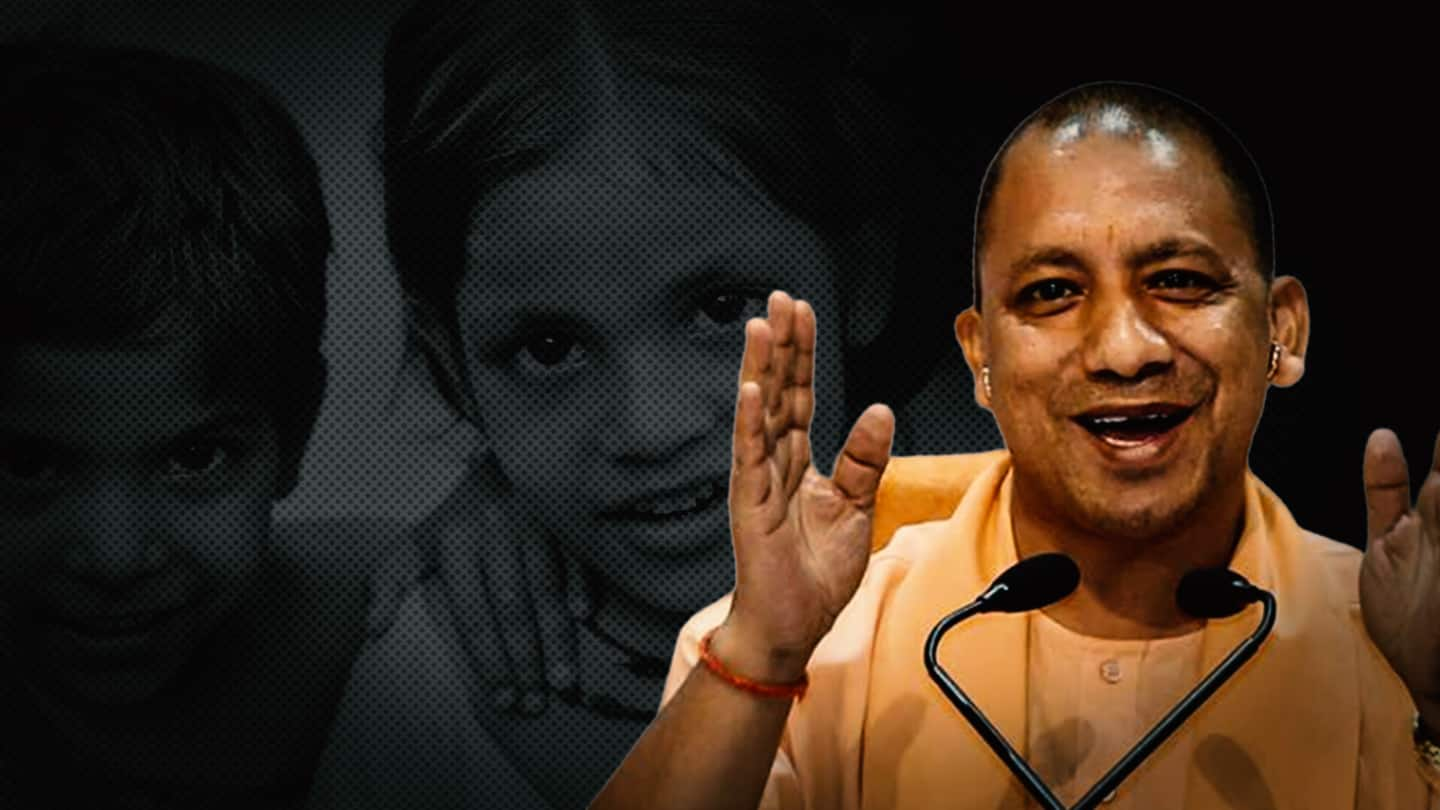
UP proposes population control law. What does it say?
What's the story
The Uttar Pradesh law panel has prepared the draft of a proposed law aimed at controlling the population of the state.
The draft lists several perks for people who decide to have no more than two children, and various restrictions in government jobs and welfare schemes for those who are in violation of the two-child policy.
Here's all you need to know about it.
Information
State law commission invites public suggestions on the draft
The UP State Law Commission has uploaded the draft on its official website. The Commission has also invited public comments and suggestions - which can be sent either via email or post - by July 19.
Details
Easier entry into IITs, IIMs, AIIMS for single child
Those who choose to have one child will get free healthcare facilities and insurance coverage for the single child until he/she attains the age of 20 years.
The single child will also be given preference for admission in top government institutions like IITs, IIMs, and AIIMS.
Such children would also be given free education up to graduation level and preference in government jobs.
Details
Government employees following norms to get extra increments
Government employees who follow the two-child norm will get two additional increments through their service.
They will also be eligible for a paid maternity or paternity leave of 12 months with allowances, free healthcare facilities, and insurance coverage.
Such employees who have a single child will be eligible for four extra increments in addition to the other incentives promised under the draft.
Quote
Violating policy may cost you government job
"If any action of a government employee under the State Government, is found to be in violation of the undertaking given by him, he shall be dismissed from his employment with immediate effect," according to the proposed law.
Provisions
Loan for purchase of house, rebates on bills and taxes
All those who follow the two-child norm will be eligible for soft loan for construction or purchase of a house on nominal interest rates as well as rebates on water bills, electricity bills, and house tax, the draft says.
They will also get increment in the Employee Provident Fund (EPF).
The draft also has the proposal to limit ration card units to four.
Information
Rs. 1L payment for those below poverty line following policy
A couple living below the poverty line, but having a single child, will get a one-time lump-sum payment of Rs. 80,000 (in case of a boy child) and Rs. 1,00,000 (if the child is a girl) from the government, over and above the said benefits.
Rules
What happens if you violate the two-child policy?
On the other hand, those who are in contravention of the two-child norm after the implementation of the Act, shall be debarred from availing benefits of government welfare schemes.
They will also be prohibited from contesting elections to local bodies, applying for government jobs, getting a promotion in government job (if they already have one), and receiving government subsidies.
Other rules
What is the policy for polygamous marriages?
In case of polygamous and polyandrous marriages, each couple will be counted as a separate unit so as to calculate the cumulative number of children, the draft says.
However, the person who is common to the marriages will be considered in violation of the law if they collectively parent more than two children from all the marriages.
Exemptions
Here are some exceptions under the proposed law
The draft also mentions some exceptions.
If a couple's second pregnancy comprises multiple births, they would not be considered in violation of the two-child policy.
The restrictions would also be inapplicable to those who adopt a third child.
Separately, if one or both of a couple's children die and they conceive a third child, they will not be in violation of the proposed law.
Quote
'Necessary to control, stabilize population of the state'
"In UP, there are limited resources ecological and economic resources at hand, it is necessary and urgent that the provision of the basic necessities of human life including affordable food, safe drinking water...is accessible to all citizens (sic)," says the preamble of the law.
"It is necessary to control, stabilize the population of the State for promotion of sustainable development with more equitable distribution."
Information
Earlier, Assam CM had advocated two-child policy
Last month, Assam Chief Minister Himanta Biswa Sarma had announced his government would gradually implement a two-child policy. "Be it a loan waiver or any other government scheme, we will slowly implement a population policy for these schemes," the CM had said.